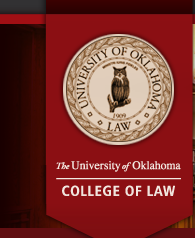Document Type
Article
Publication Date
2020
Publication Title
Boston College Law Review
Abstract
Our legal system is built on the foundation that lawyers have a number of coexisting and sometimes conflicting duties — to their clients, to others who might be affected by their practice, and to the effective and equitable administration of justice. While most lawyers fulfill these duties ethically, invariably some fail to live up to these expectations. For this reason, all states have created disciplinary authorities to regulate and sanction lawyer misconduct. The United States Patent and Trademark Office (“USPTO”) is one of the few agencies to have developed its own disciplinary system for policing the conduct of trademark attorneys and patent practitioners, owing to the critical role that these professionals play in the provision of intellectual property rights. With fraudulent and suspicious activity before the USPTO on the rise, the question arises of how the USPTO is leveraging its disciplinary authority to ensure that it continues to fulfill its mission. It is this question that this Article begins to answer, filling a critical gap in the scholarly literature and providing a blueprint for how to conduct such research for other disciplinary authorities in the future. Through innovative empirical methods marshalling data over 16 years from disciplinary authorities throughout the country, this Article shows that the USPTO is not only failing to discipline bad actors with regularity, but also not focusing its attention on the types of misconduct that threaten to undercut the provision of intellectual property rights that are in the public interest. It then provides a series of recommendations so that the USPTO can align its disciplinary work in accordance with its vital regulatory role.
Volume
61
First Page
1613
Recommended Citation
Jon J. Lee, Double Standards: An Empirical Study Of Patent And Trademark Discipline, 61 B.C. L. Rev. 1613 (2020).
